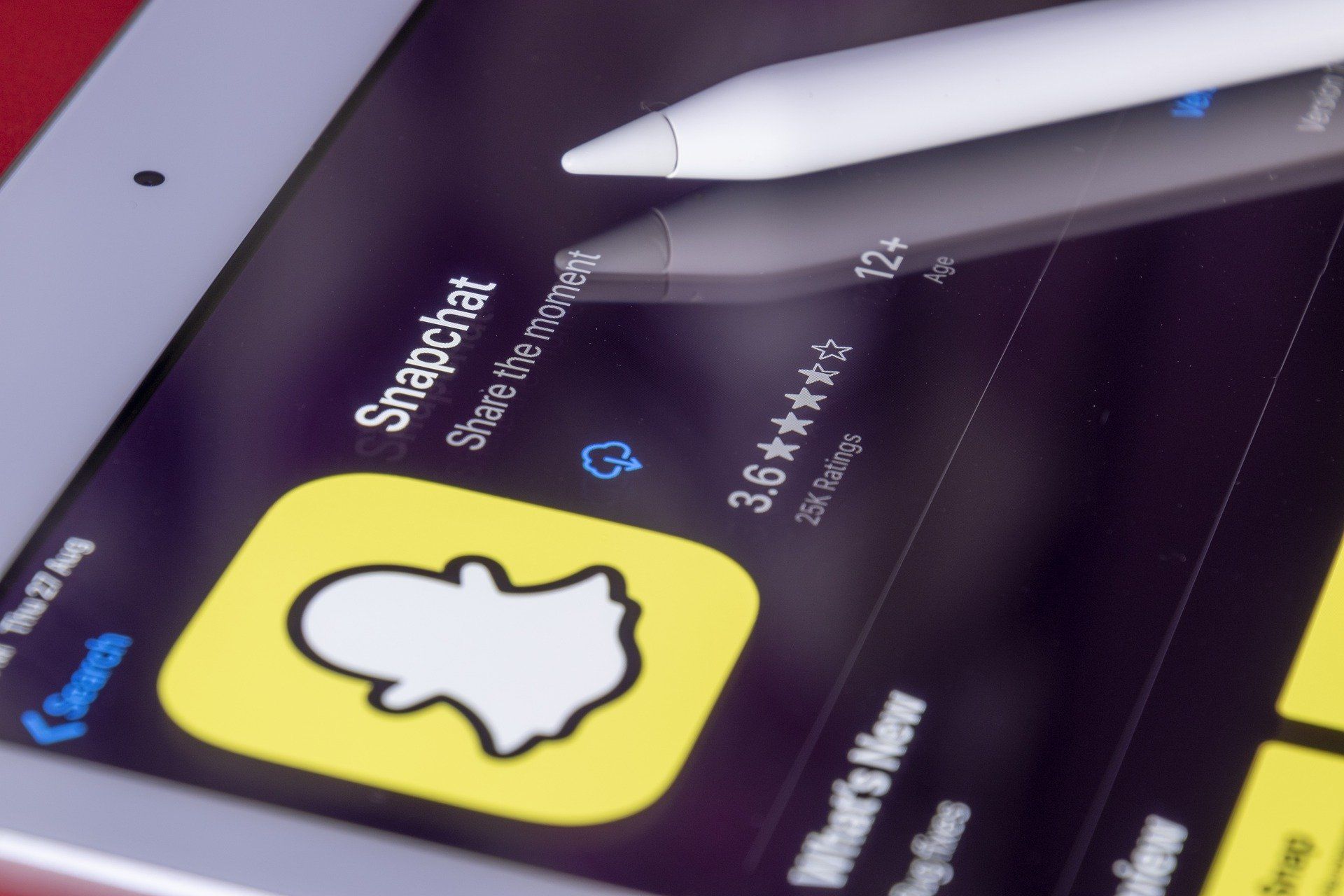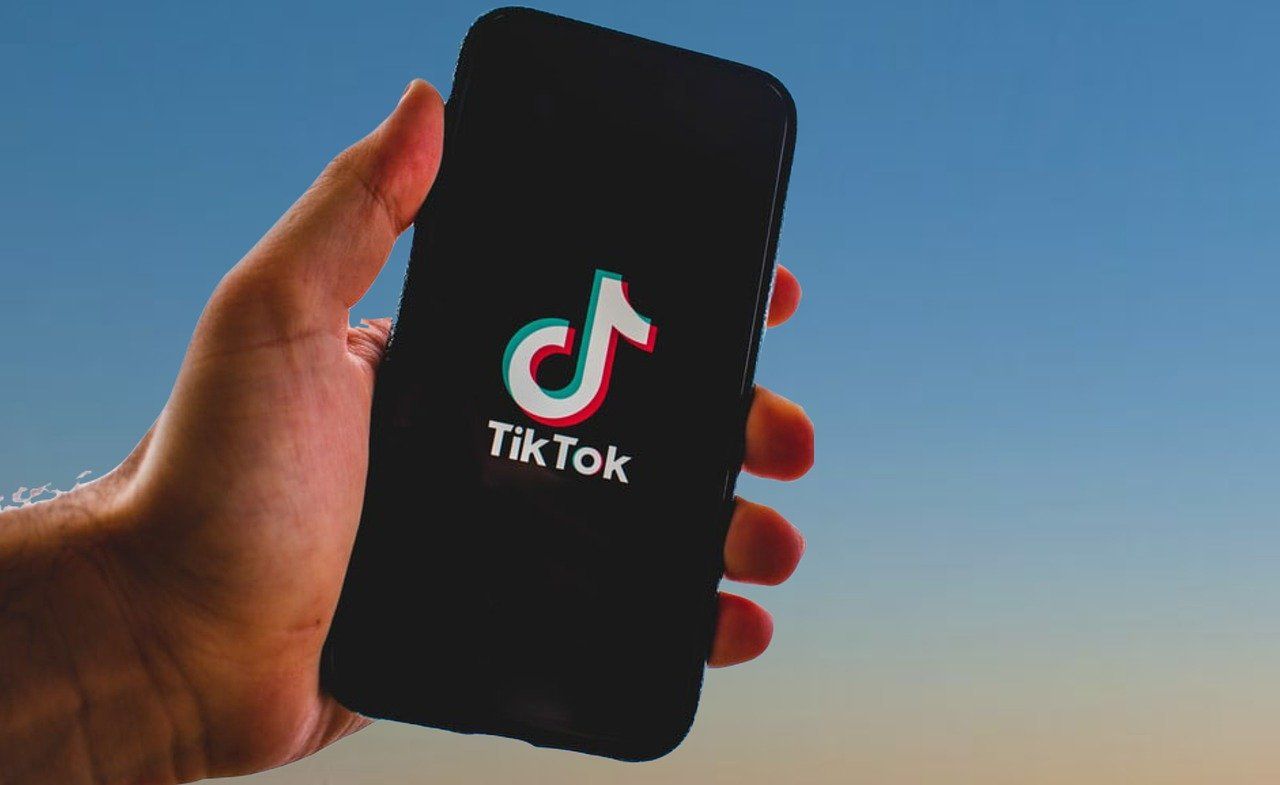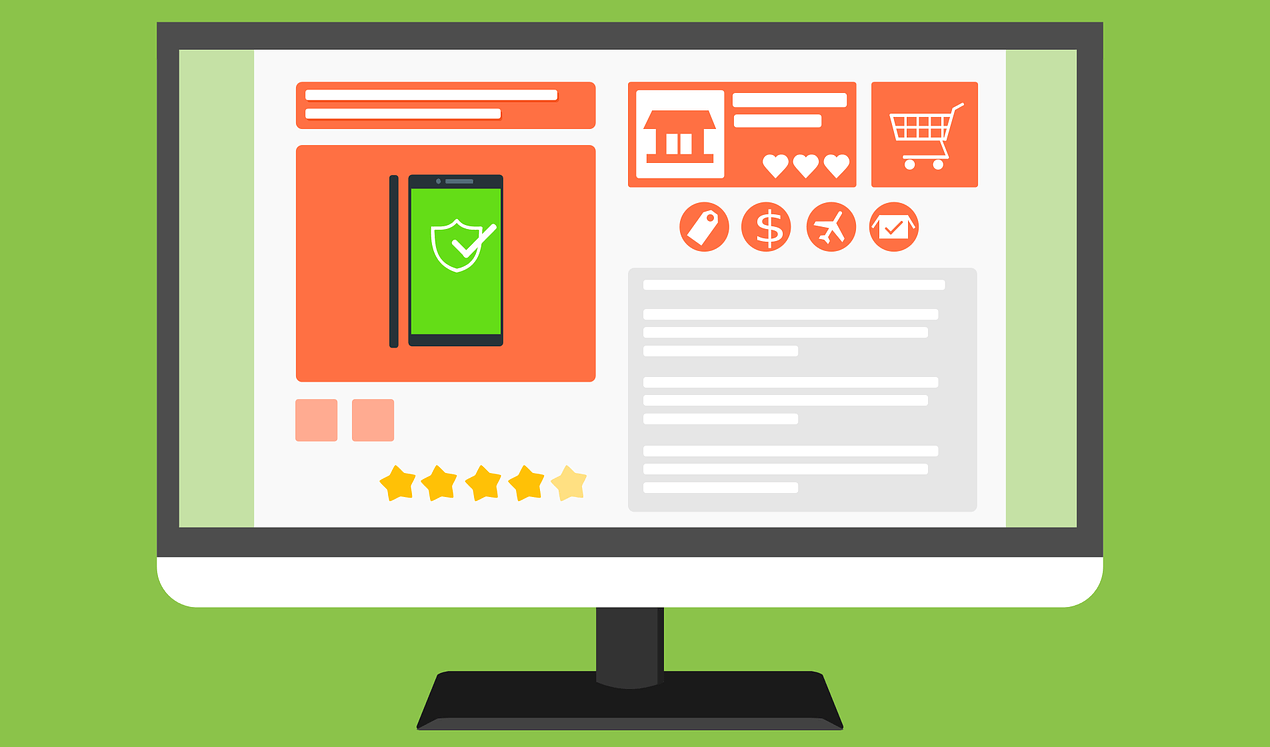Tips to make your Instagram profile more effective

Social media is an important part of reaching, engaging, and informing our audience. While Facebook and Twitter reign supreme in many communities, Instagram now has 800 million users and outperforms even Facebook when it comes to engagement. The utilization of photos and video via Instagram can be an ideal way to market your business. Let’s go over how to effectively use Instagram.
Below are some tips to make your Instagram profile more effective.
Photos
Convey your brand in the best possible light. Think about what a person scrolling through IG would want to see or would stop for.
Track Traffic
Instagram provides insights for each post you make. Those insights include:
- Likes and comments
- Accounts reached
- Impressions
Tools such as CrowdTangle allow you to dive deeper into analytics. You can pull reports for any time period and view metrics such as:
- Video views, followers, interactions, and post counts
- You can also follow/track other pages to compare metrics
Make sure that you have converted your Instagram account to a business profile in order to access these metrics.
Tagging
Tagging allows you to promote a post, indicate who was involved and where you’re located. Those particular pages might be inclined to follow after seeing you post, and will most likely share the post, building more traffic to your brand.
Bio Link
Create a landing page that introduces a user to your product. Design this page to connect with them.
#Hashtags
You can search/follow something on Instagram by using hashtags. Generally, 3-4 hashtags per post is optimal.
Happy Medium: Photos and Video
Videos stand out more than photos. A video will need less text, while an image does require explanation.
Awareness and Conversation
Awareness: Promote your Instagram Page
Consideration: Users begin to view your page
Conversion: Follows, Likes, and Comments, creating conversation with your audience










